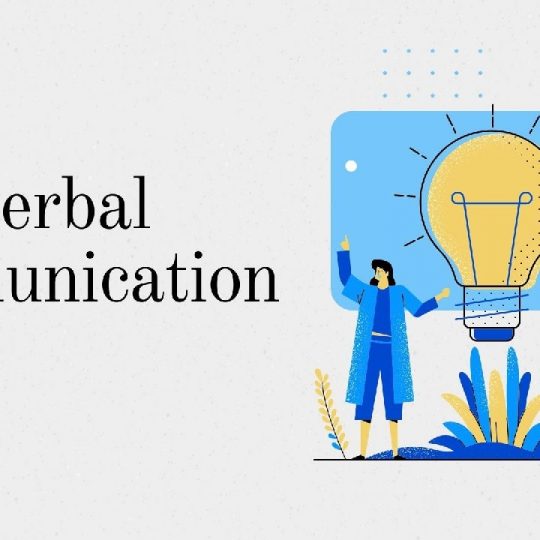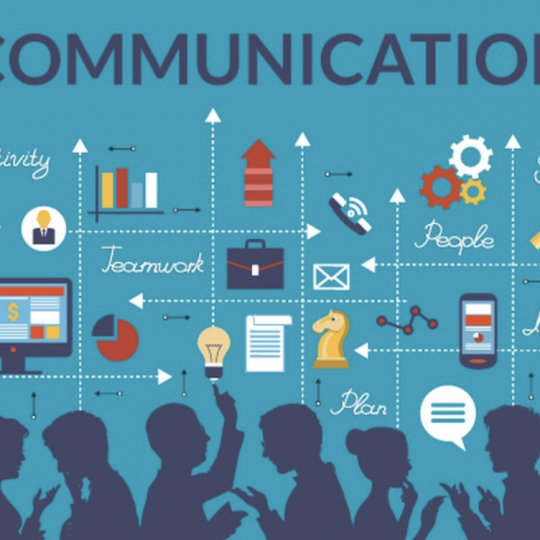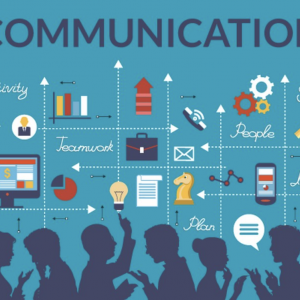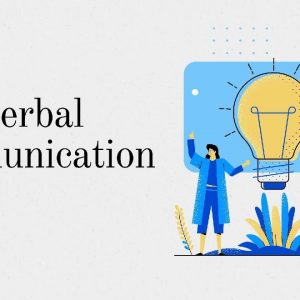Listening is one of the most essential skills a person can possess. Your ability to listen has a significant impact on your job performance and interpersonal connections.
Listening is one of the most important aspects of communication. Successful listening is not just about understanding spoken or written information, but also an understanding of how the speaker feels during communication.
Given how much we listen, one would expect us to be adept at it. As indicated by Edgar Dale’s Cone of Experience, most of us are not able to recall more than 25 to 50 percent of what we hear, according to study. This means that when you have a 10-minute chat with your boss, coworkers, customers, or spouse, they pay attention to less than half of what you say.
Clearly, we could all benefit from developing our listening skills. By improving your listening skills, you can increase your productivity as well as your capacity to persuade, negotiate, and exert influence. In addition, you will avoid conflict and miscommunication. All of these are required for success in the profession!
It entails focusing on the conversation, avoiding interruptions, and taking the time to comprehend what the speaker is saying. The “active” part entails taking measures to elicit information that might not otherwise be disclosed.
Active listening requires you to listen attentively to a speaker, understand what they’re saying, respond and reflect on what’s being said, and retain the information for later. This keeps both listener and speaker actively engaged in the conversation.
Active listening involves paying close attention to what others are saying, and asking clarifying questions to demonstrate interest and understanding. This facilitates effective communication while simultaneously allowing us to show respect and build relationships with the other person with whom we are communicating.
Practicing active listening can build respect with your coworkers and increase understanding in the workplace. As you actively listen, focus on the speaker, avoiding distractions like cell phones, laptops or other projects, and by preparing questions, comments or ideas to thoughtfully respond.
It would be good to improve your active listening abilities by paying attention to other people’s facial expressions, body language and tone. Instead of preparing what you will say, focus on what the other person is saying and how they are saying it. If you need to clarify something, ask follow-up questions, or rephrase what they’ve said to confirm that you understood them correctly.
Here are some tips to improve your listening skills:
- Paying attention,/Focus on the speakerby giving them your full attention
- Eye contact Look at the speaker directly.
- Put aside distracting thoughts.
- Don’t mentally prepare a rebuttal!
- Avoid being distracted by environmental factors. For example, side conversations.
- “Listen” to the speaker’s body language
- Show That You’re Listening
- Use your own body language and gestures to show that you are engaged. Nod occasionally.
- Smile and use other facial expressions.
- Make sure that your posture is open and interested.
- Encourage the speaker to continue with small verbal comments like yes, and “uh huh.
- Avoid all other distractions, like your phone, laptop, or another project
- Ask clarifying questionsin case you don’t understand what’s being said – that’ll also show that the conversation is engaging
- Giving Feedback






